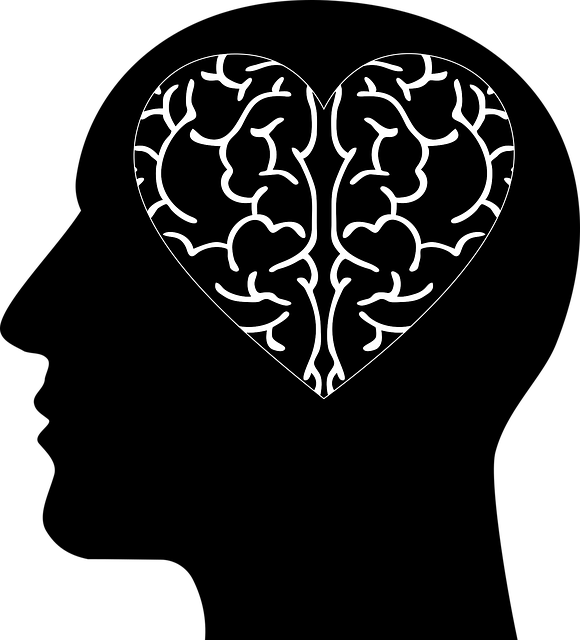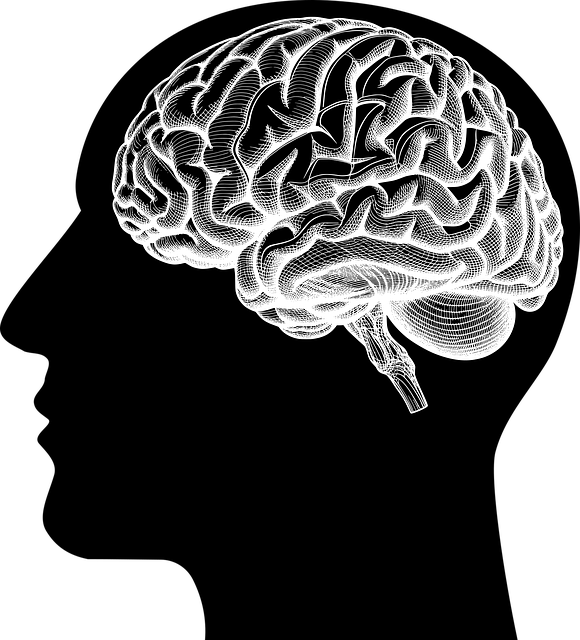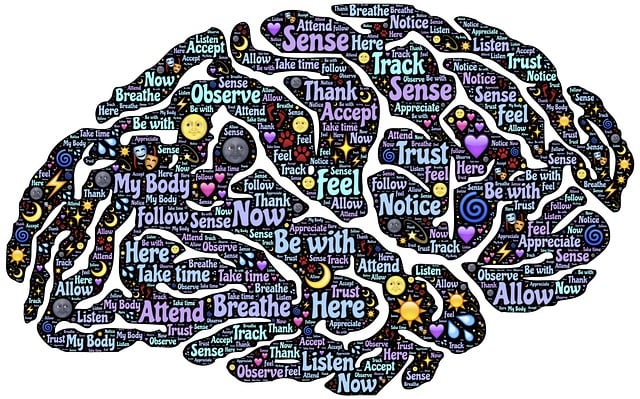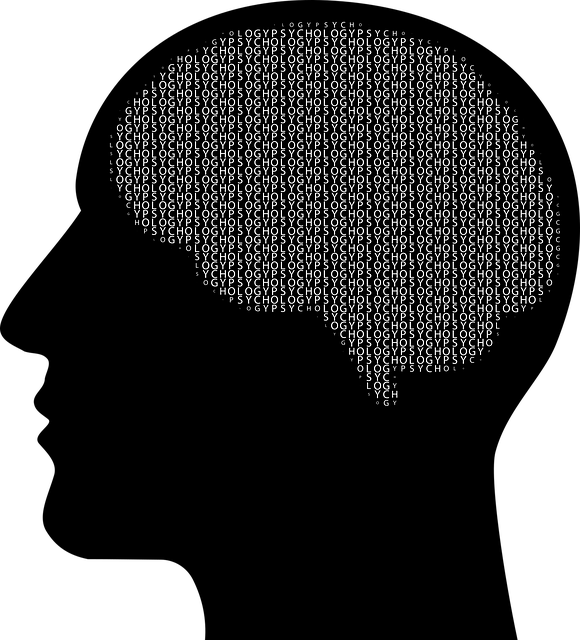Social skills training is a crucial aspect of mental health care, addressing the link between social interactions and well-being. Mental health issues can lead to isolation and decreased proficiency, creating a cycle of loneliness and social anxiety that hinders recovery. Cultural competency training, combining mind over matter principles and positive thinking, helps professionals holistically tackle these challenges. Superior Bariatric Evaluations Therapy integrates social skill assessments, self-care routines, educational initiatives, and personalized interventions for comprehensive mental health management, emphasizing the importance of social skills in overall wellness. This holistic approach includes structured exercises, role-playing scenarios, anxiety management tools, and mental wellness coaching programs, improving well-being and mood management, especially for bariatric patients.
Social skills training is a powerful tool in managing mental health conditions, offering a unique approach to holistic healing. This article explores the intricate link between social interactions and mental wellness, highlighting how deficiencies in social skills can contribute to various psychological struggles. We delve into the significance of Superior Bariatric Evaluations as a method to identify these gaps and present evidence-based strategies within therapy. Real-world success stories from bariatric patients demonstrate the transformative potential of enhancing social interaction through targeted training.
- Understanding the Connection Between Social Skills and Mental Health
- The Role of Superior Bariatric Evaluations in Identifying Social Skill Deficits
- Evidence-Based Strategies for Enhancing Social Interaction in Therapy
- Real-World Applications: Success Stories from Bariatric Patients
Understanding the Connection Between Social Skills and Mental Health

Social skills training is an integral part of comprehensive mental health care, as it recognizes the profound connection between social interactions and overall well-being. Mental health conditions can often isolate individuals, leading to a decline in social proficiency. This deterioration can create a vicious cycle where loneliness and social anxiety exacerbate existing symptoms, making recovery more challenging.
Understanding this relationship is crucial for superior bariatric evaluations therapy and other healthcare provider services. Cultural competency training equips professionals with the knowledge to address these challenges holistically. By incorporating mind over matter principles and fostering positive thinking, individuals can learn to navigate social situations more effectively. This, in turn, enhances their ability to connect, communicate, and build supportive relationships, which are vital components of successful mental health management.
The Role of Superior Bariatric Evaluations in Identifying Social Skill Deficits

Social skills training is a crucial component of mental health treatment, and Superior Bariatric Evaluations play a vital role in identifying social skill deficits. These comprehensive evaluations go beyond surface-level assessments to uncover deeper challenges individuals may face in their interactions with others. By integrating insights from self-care routine development for better mental health, therapists can tailor interventions to address specific gaps. This personalized approach ensures that therapy is effective and resonates with the unique experiences of each client.
Moreover, public awareness campaigns development and mental wellness podcast series production can complement Superior Bariatric Evaluations Therapy by spreading educational content and fostering open dialogues about social skill challenges. These initiatives contribute to a broader understanding of mental health and encourage individuals to seek help, recognizing that social skills are integral to overall mental wellness.
Evidence-Based Strategies for Enhancing Social Interaction in Therapy

Social skills training is a powerful tool within therapy sessions, offering evidence-based strategies to enhance social interaction and support individuals with mental health conditions. These techniques are particularly beneficial for those seeking Superior Bariatric Evaluations Therapy, as it helps them navigate interpersonal relationships more effectively. Through structured exercises and role-playing scenarios, clients can learn and practice essential communication skills, fostering a sense of comfort and confidence in social settings.
The focus on building resilience is key; by mastering these interactions, individuals gain the tools to manage anxiety relief and promote mental wellness coaching programs development. This holistic approach ensures that therapy sessions are not just about managing symptoms but also empowering clients with the ability to navigate social environments with ease, leading to improved overall mental health and well-being.
Real-World Applications: Success Stories from Bariatric Patients

Social skills training has proven to be a game-changer for many individuals living with mental health conditions. In the context of bariatric patients, these interventions offer unique benefits. Studies show that combining social skills development with evidence-based therapy, such as Superior Bariatric Evaluations Therapy, can significantly enhance their support networks and overall well-being. This approach not only aids in mood management but also fosters resilience building, empowering individuals to navigate social situations with greater ease.
The success stories from bariatric patients exemplify how integrating mind over matter principles into therapy can lead to profound transformations. By learning effective communication strategies, patients can better express their needs and form deeper connections. This improved social functioning contributes to a more positive mindset, reinforcing the skills learned and creating a cycle of progressive mental health management.
Social skills training, as demonstrated through evidence-based strategies and reinforced by superior bariatric evaluations in therapy, plays a pivotal role in improving mental health outcomes, particularly for individuals with bariatric conditions. By addressing social skill deficits identified through comprehensive assessments, these programs empower patients to navigate social interactions more effectively, fostering better relationships and enhancing their overall well-being. This approach offers a promising path towards holistic recovery and successful integration into community settings.











